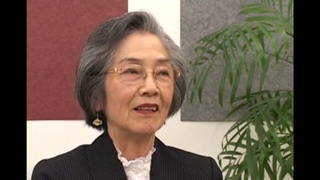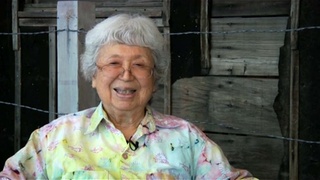Entrevistas
Grandparents were incarcerated in Jerome, Arkansas
So when he came back to Honolulu, my grandmother applied to voluntarily evacuate with her husband. So you had 1300 people from Hawaii who were actually tapped by the government to go to the concentration camps. You had another 1000 people who voluntarily joined them, the families. All in all it was 2300 people who went. Anyway, at the end of December, my grandfather went on a separate ship, my grandmother and the children went on another ship and they met in San Francisco. This is where it gets fuzzy because when I checked the records downstairs in the museum that says where he went to camp, they showed him in Tule Lake, but I’ve never found anything that said he was in Tule Lake.
So now my aunt tells this story about them having to go by train to Jerome, Arkansas. Because all of the train were coming from east coast to the west, every time a westbound train came they had to get off the track and wait for it to pass by. So a trip that would have taken like three days normally took a week. And she said she had never seen her father cry but he was literally in tears the whole time. But he was telling the kids that Japan is stupid, that there was no way they would beat the US in war, and that the kids needed to believe that the US was still the greatest country in the world. That’s the story that kills me.
Fecha: April 25, 2018
Zona: California, US
Entrevista: John Esaki
País: Watase Media Arts Center, Japanese American National Museum









